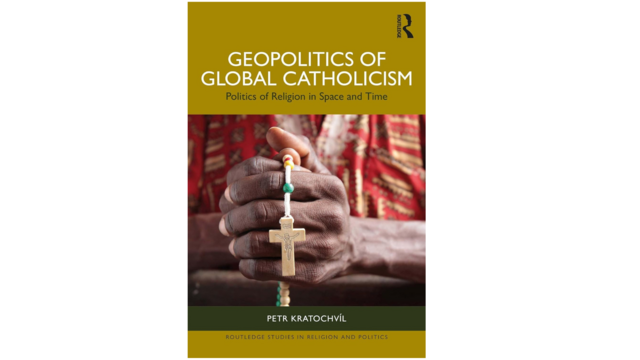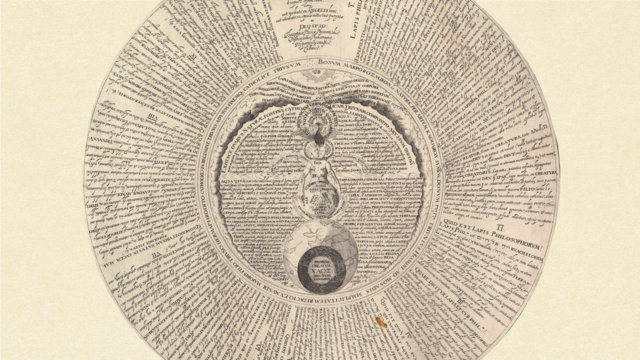Planetary Defense: A Unique Opportunity to Practice Cosmopolitan Security Principles in National Foreign Policies

By advocating for a cooperative approach grounded in security cosmopolitanism, Nikola Schmidt in his chapter posits planetary defense as both a scientific imperative and a pathway to responsible global leadership. The chapter is published in The Oxford Handbook of Space Security.
Planetary defense, the activity of defending the planet Earth from asteroids and comets, constitutes a challenge combining knowledge of astronomers, ingenuity of engineers, and globally cooperative policy. States fund and support national and international efforts in astronomical observations and planetary defense demonstration missions but are cautious about developing a truly international or even cosmopolitan planetary defense governance. While planetary defense is inherently a global issue, as asteroids do not discriminate, the current state of planetary defense governance favors undesirable unilateral actions with international security consequences. The last resort methods based on nuclear explosive devices are reserved for nuclear states, the liability treaty hampers unilateral missions due to possible failures with related consequences and the possibility of 200 planetary defense infrastructures as a possible result if no planetary defense governance and predictable decision-making system is put in place would be a threat to international security. This chapter argues that planetary defense can be understood and used by every state on this planet as a unique opportunity to practice a responsible foreign policy based on cosmopolitan ideas on the shoulders of the decades-long ongoing scientific efforts. To unfold the argument, we apply the IR theoretical debate around security cosmopolitanism to planetary defense to demonstrate how the international community can effectively govern global security issues that require security sensitive technologies and how such policy could contribute to human flourishing.
Find out more in the link below.







